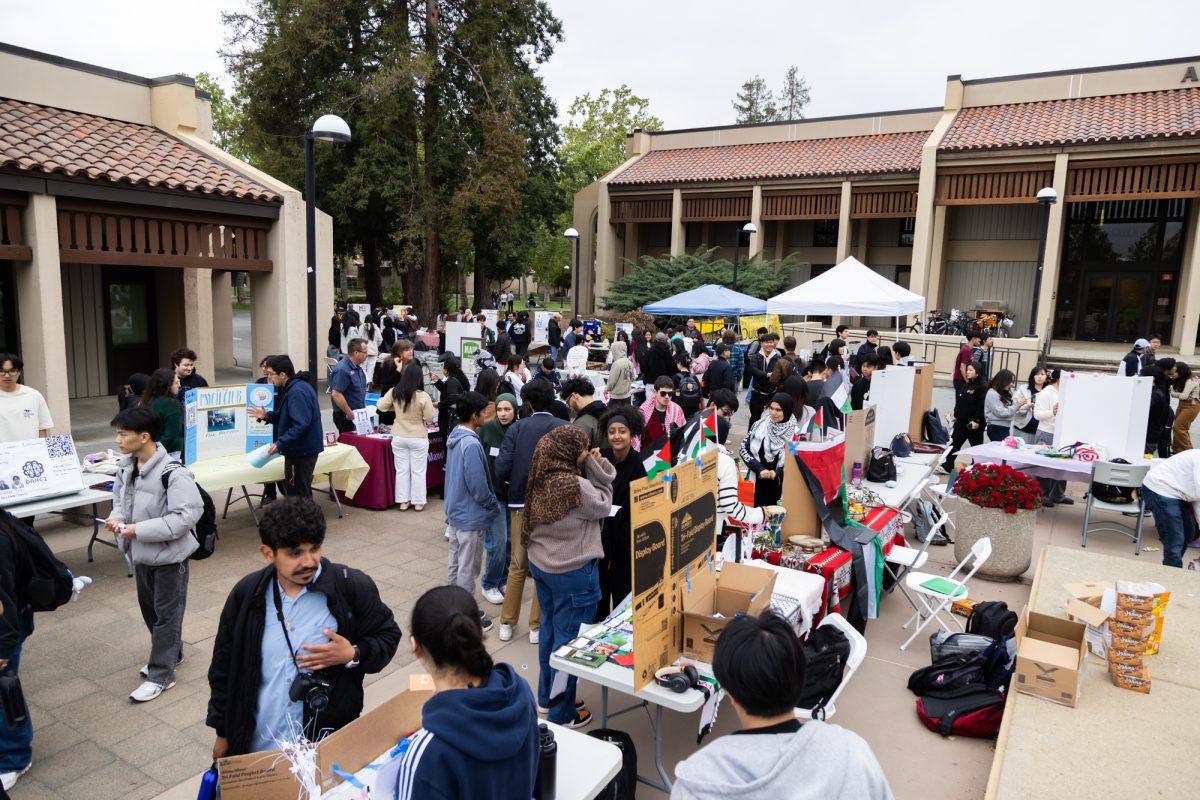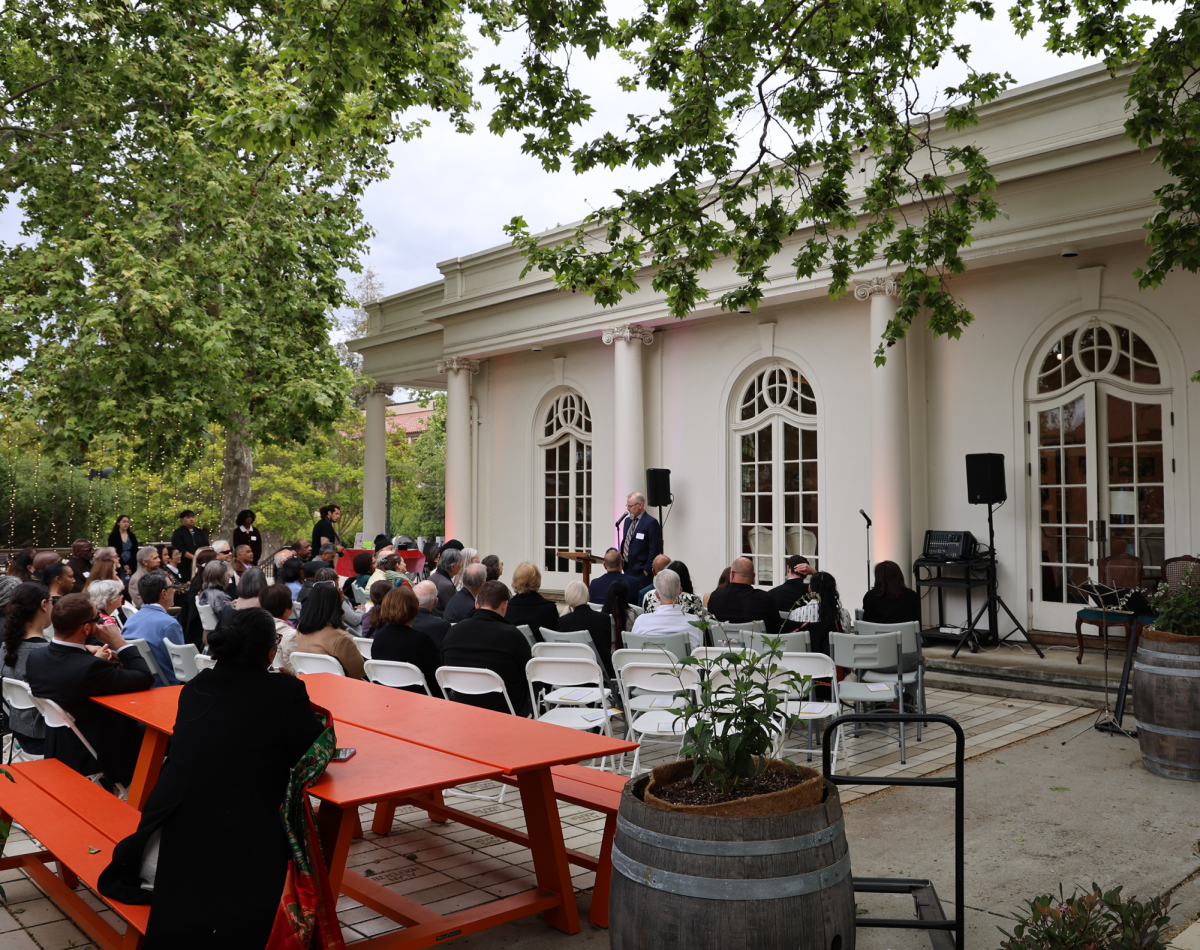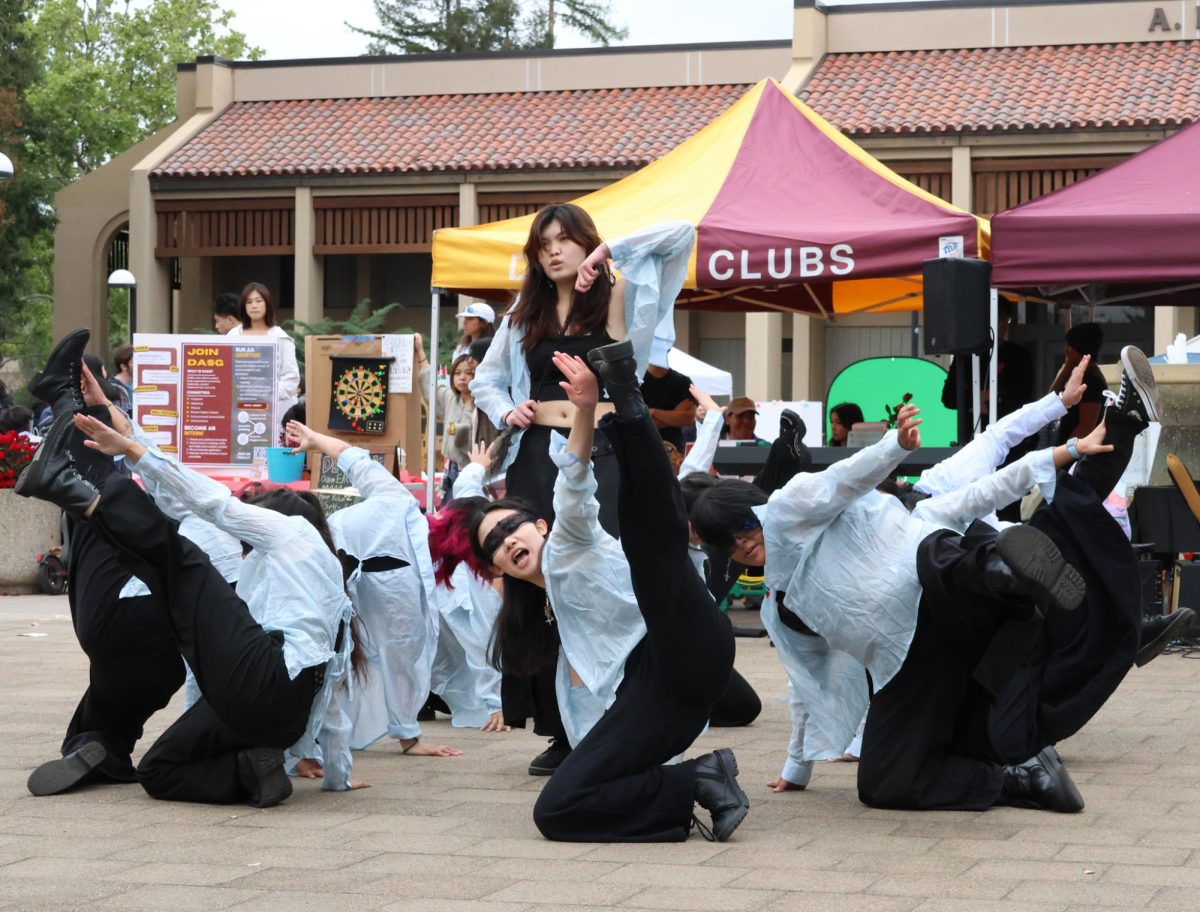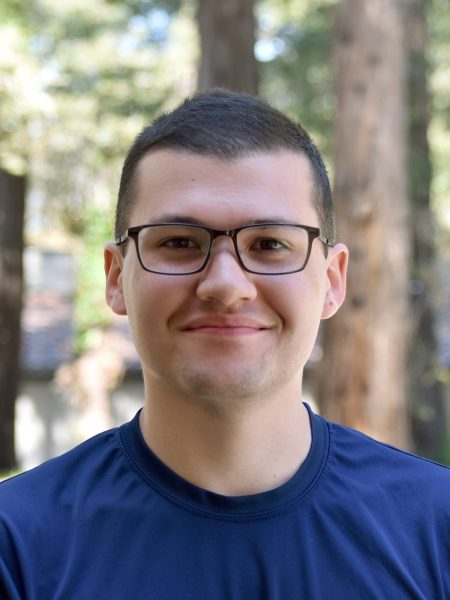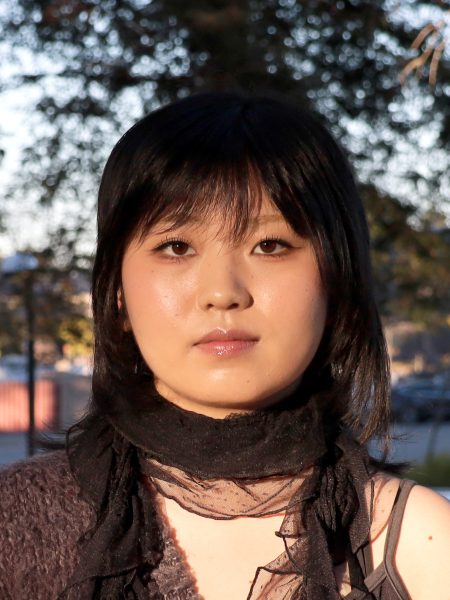For more than 15 months, war has ravaged the small but densely populated Gaza Strip in response to Hamas’ Oct. 7, 2023 attacks. But the effects of the war have not been confined to Israel and Gaza. Both De Anza students and faculty on campus have also found themselves affected by the war.
Hamas launched a surprise attack on Israel on Oct. 7, 2023 that killed approximately 1,200 people and took 250 hostages, most of whom were civilians. Since then, Israel’s invasion of Gaza has killed approximately 46,000 people, according to Gaza’s Health Ministry, which claims more than half of the dead are women or children. Amnesty International has accused Israel of committing genocide in Gaza, a claim that Israel denies.
These debates over Israel’s justification for military force and the many casualties among Palestinians have found their way onto the De Anza College campus, with both students and faculty feeling the effects of the war.
Some professors, such as English professor Yeganeh Modirzadeh, have noticed these effects both on and off campus. Modirzadeh said she had noticed how with the U.S. government’s support for Israel and its argued complicity in the deaths of thousands of civilians has strongly affected students.
“The war in Gaza … (has) affected us, first and foremost, mentally. Just feeling for the people who are going through all these atrocities every day has affected people’s morale,” Modirzadeh said. “I can see the younger generation have been affected heavily by this war … and I think it has not been a normal year and a half for anyone who keeps up with this war.”
Modirzadeh, a Muslim herself, went on to say that despite the situation, she has not felt more or less danger than before. But she still recognizes how it has affected others, both Muslims and Jews.
Jewish Student Union adviser and computer information system professor Ronald Kleinman said he immediately felt the effects of Oct. 7.
“You don’t think much about being Jewish, you live your life, and that’s it. And then suddenly … 2,000 killed. The whole idea was to just torture, kidnap, (and) murder children because they were Jewish,” Kleinman said. “It was the Holocaust again … you just know, they’re doing it to me … because they are doing it to Jews. … If I was there, they would have loved to kill me because I’m Jewish.”
These fears of targeted attacks based on religion have been shared by students as well.
Sam Glazov, 22, an economics major, has noticed changes in how some people have acted since the war started.
“There has been a lot of discrimination towards other Jewish and Israeli people, where I’ve heard situations where people stop being friends with other Jews because of this whole political situation. So it’s definitely a further divide between (the) two groups of people,” Glazov said.
Both Jewish and Muslim communities at De Anza have found themselves feeling unsafe about sharing their voices on campus. Kleinman points out that students need a safe space now more than ever, highlighting the lack of enforcement of Title VI of the Civil Rights Act.
“I think one of the things that we’d like to see … is we’d like to see some focus on Title VI as well, where if someone feels unsafe at De Anza because of their religion, there’s someone they can go and talk to. And I’m not sure that’s there now,” Kleinman said.
Along with these safety concerns, there are differing ideas on how to achieve long-term peace for the Israel-Palestine conflict.
“My hope is that there’s a Mandela on the (Palestinian) side that comes in and says … we need to solve this. We need to stop the killing,” Kleinman said. “We need to sit down and negotiate. We need to do it … you need a partner to negotiate, and that partner isn’t Hamas, that’s what I believe. But the killing, I’m so glad the killing has stopped. I just hope this thing works out.”
“I think the world needs to listen to the Palestinians,” Modirzadeh said. “They do not have a platform, except for what they can record on their phones and send out to social media. I feel like the attention (and) the assistance has been totally one-sided.”
With the incoming ceasefire between Israel and Hamas now in effect, peace between Israelis and Palestinians is on people’s minds more than ever.
On Wednesday, Jan. 15, Israel and Hamas agreed to a pause in the fighting, with the ultimate goal being a three-phase ceasefire. This involves Hamas releasing the remaining hostages in return for the hundreds of thousands of displaced Gazan civilians returning to what remains of their homes and the release of Palestinians being held in Israeli jails. This would allow much-needed humanitarian aid to be more easily permitted into Gaza.
Since then, 15 Israeli hostages and 307 Palestinian prisoners have been exchanged. Another 93 Palestinian prisoners were transferred to Egypt.
The Muslim Student Association declined to comment.
Daniel Ramirez, 23, history major, is a guest contributor for La Voz.






